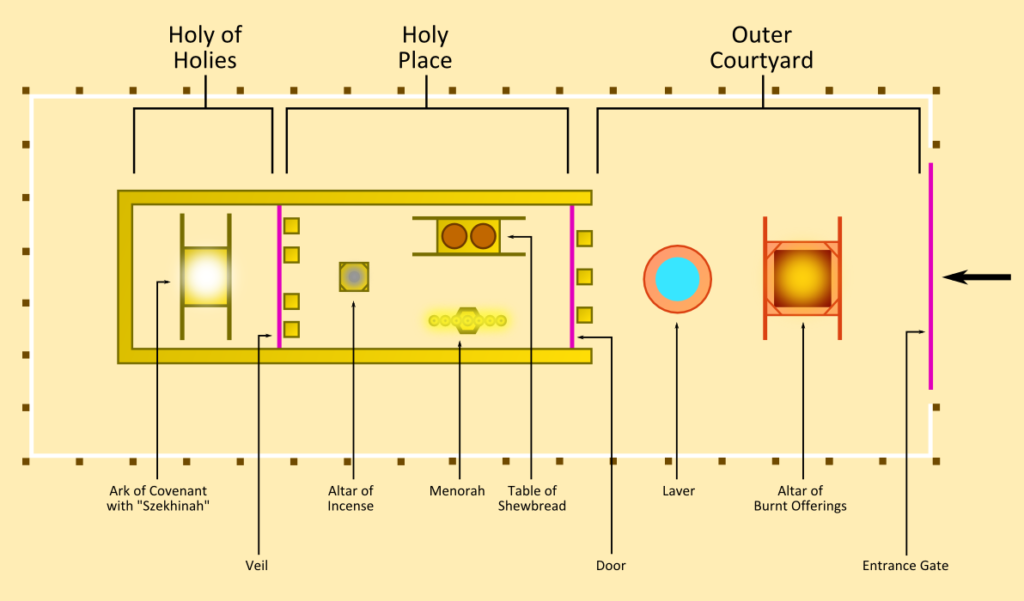
For those who have tracked my writing, it comes as no surprise that I am fascinated by the Biblical text and narrative. I am especially intrigued by the first several books of the Old Testament or Tora, where the major themes and ideas are introduced, and a grand meta-narrative is set in motion. I am not a scholar of the Bible or world religions, but I was introduced to the basic principles and the various world views that exist through my father, who was a well-respected expert in these matters. As a result, I am continually struck by the uniqueness of the Biblical narrative, which is filled with ideas and teachings that any reasonably informed person understands has altered world history and is responsible for much of what many consider to be true today. In many ways the text’s influence is a lost and largely misunderstood foundation of our contemporary society.
As a “maker,” the way the narrative embraces the physical or material world strikes me as one of these distinctive, powerful and encouraging features.
I apologize in advance for the over-simplification; however, most Eastern traditions seek to detach one’s self from the material world and some go so far as to suggest the material world is an illusion that masks the ultimate reality beyond. Many Western traditions see the material world and our bodily appetites as the ultimate temptation or distraction that must be brought into submission, suppressed and conquered to achieve a noble or virtuous existence. The secularist, one that believes that the material world is all that exists, with nothing beyond what can be seen or measured, denies any ultimate meaning or purpose that can be attributed to the material. Still others believe the physical world is so transcendent that it should be revered, perhaps worshipped and therefore, to the extent possible, left undisturbed — undefiled by human medaling. However, the Biblical text describes a physical world that is good yet requires human intervention and stewardship. It describes a world that has been soiled by human actions but will ultimately be restored and brought back into perfect harmony by its creator.
The text suggests that ultimately humans will not be transformed into ethereal spirits that float about in the heavens, to be absorbed in some collective consciousness, but rather will be given restored bodies to inhabit the very same world we occupy today. We will do that in community, eating, hugging and engaging in meaningful work. It suggests that this plan to restore our planet and humanity has already been set in motion. Restoration does not start at some distant moment in the future but can begin today through our willing actions and deeds. As a maker I find this framework incredibility hopeful. It allows me to see great purpose and meaning in the work I do. It frees me up to acknowledge and revere nature, the physical world, humanity and simultaneously see corrective work that needs to be done. Makers play a role in this narrative by thoughtfully and carefully shaping our physical world. The text implies this work is important and imbued with meaning and purpose. I also find it intriguing that the first person described in the text as “filled with God’s Spirit” was not a prophet or teacher but rather the maker tasked with designing and building the tabernacle with its furnishings
